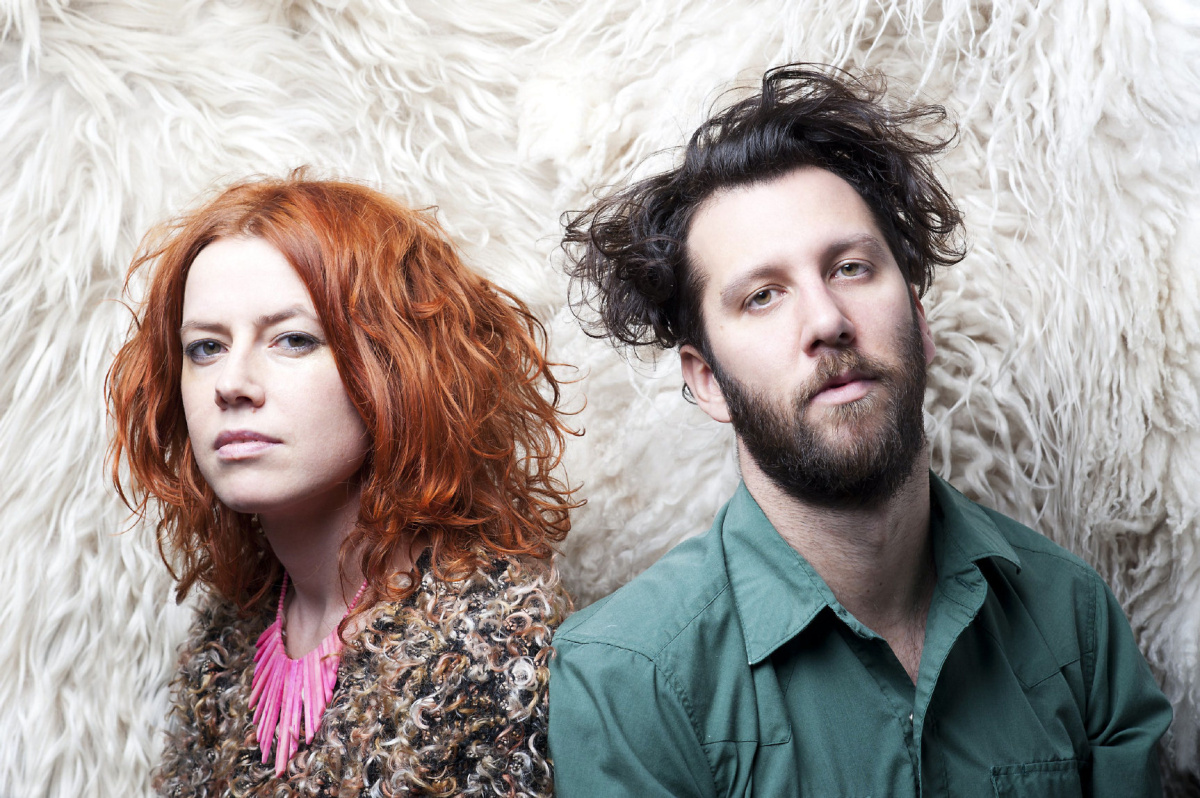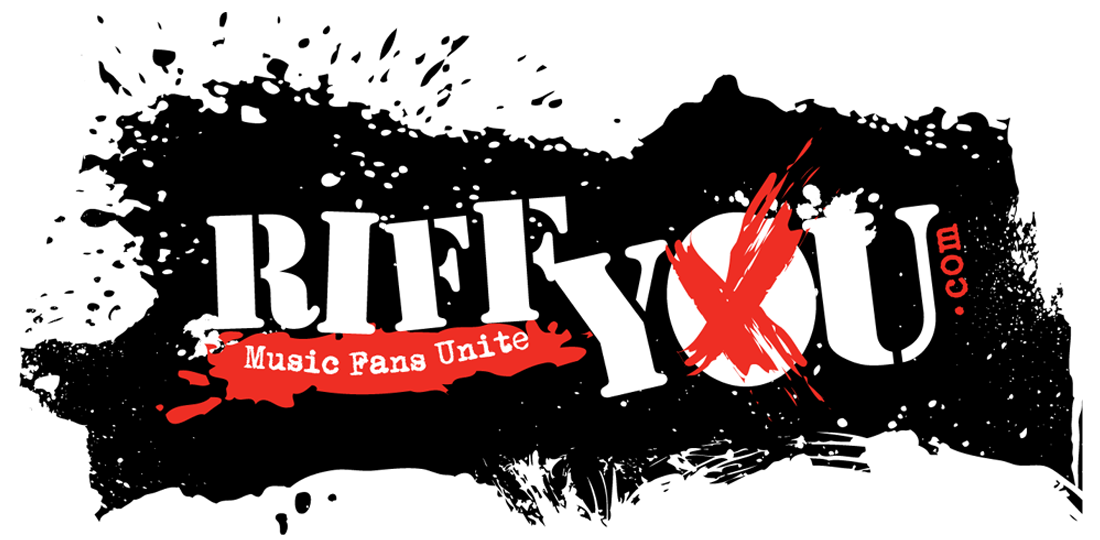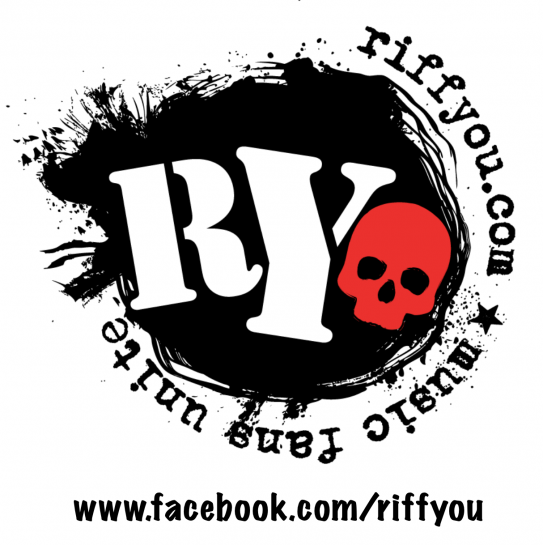Q&A: Thus Owls Find Influence in Family Ties
For husband and wife team Simon and Erika Angell, their alternative/experimental-pop collective Thus Owls is the bi-product of two  musicians from opposite ends of the world meeting by chance, before making a beautiful life together.
musicians from opposite ends of the world meeting by chance, before making a beautiful life together.
Together, Montreal’s Simon and Stockholm’s Erika, have taken their relationship to a critically-acclaimed creative level with their latest album, Turning Rocks. Released in April and included on the Polaris Music Prize Long List, this album digs deep into Erika’s past, more specifically her grandma and the house in Orust in which they both grew up in decades apart.
Riffyou.com recently spent some time with Erika to learn more about what it was like to dig deeper into her family’s history.
RY: With this album, much has been made about you writing about your upbringing in Sweden. Why did you choose to make that subject the focus?
Erika: “Honestly, I only realized afterwards that it came off that personal. Other songs that I had written before, had been more personal to me because they were about myself. On this album, there’s a lot about other people. It’s still my family, but it’s not necessarily me. It felt like an opposite [approach] for me, to take a step back from looking inwards. Of course, you always put in a huge piece of yourself with music.”
RY: When you’re writing songs about your family, is it correct to assume that a lot of them were influenced by stories you hear from family members?
Erika: “It started through conversations with my grandma. She had so much to say about the place that we both grew up. Her and I were born and brought up in the same house. I felt connected with her and her childhood memories, as they were similar to mine…only 40-50 years later. It started there, but then I allowed myself to stretch out to the surroundings and people from my generation from that place. There were [many] seeds that I took inspiration from.”
RY: When you’re working through all that, were there things that you learned about your family members, or began to appreciate about them differently, once you started hearing these stories?
Erika: “Obviously when you try to write about someone else’s life experience, or their emotions, you try to see all that from different perspectives. That definitely makes you take a step back from your own emotions about it. Writing about a person without your own connection to [their situation] is always good if you want to see more of a whole person.”
RY: Was there anything you learned about yourself during this process?
Erika: “I learned more about my history, for sure. I learned about the war that happened and how little food they had…what they had and what they couldn’t do. Musically, I feel like [the album] helped me develop a lot. Simon and I collaborated much more on the writing this time. To write music every day and have this dialogue every day about the songs and melodies with someone else is a new process for me. It was challenging, but gave me a lot at the same time.”
RY: It must’ve been interesting for Simon to sit back and learn more about where and who you came from. How did he react to what you were touching on?
Erika: “The first thing he talked about was how different it is in Europe that people have that connection to their history. There’s so much history in Europe and that you can look so far back. Coming from Canada, that’s foreign to him…where you may know exactly whether you’re English, French, or Irish, but you don’t really know where your family lived…it’s a much more recent history in Canada. So, the fact that our house in Sweden has been in my family for a century was different for him. In all, the songs create a curiosity about your past.”
-Adam Grant
Please be sure to follow us on Twitter @riffyou and at Facebook.com/riffyou.

































